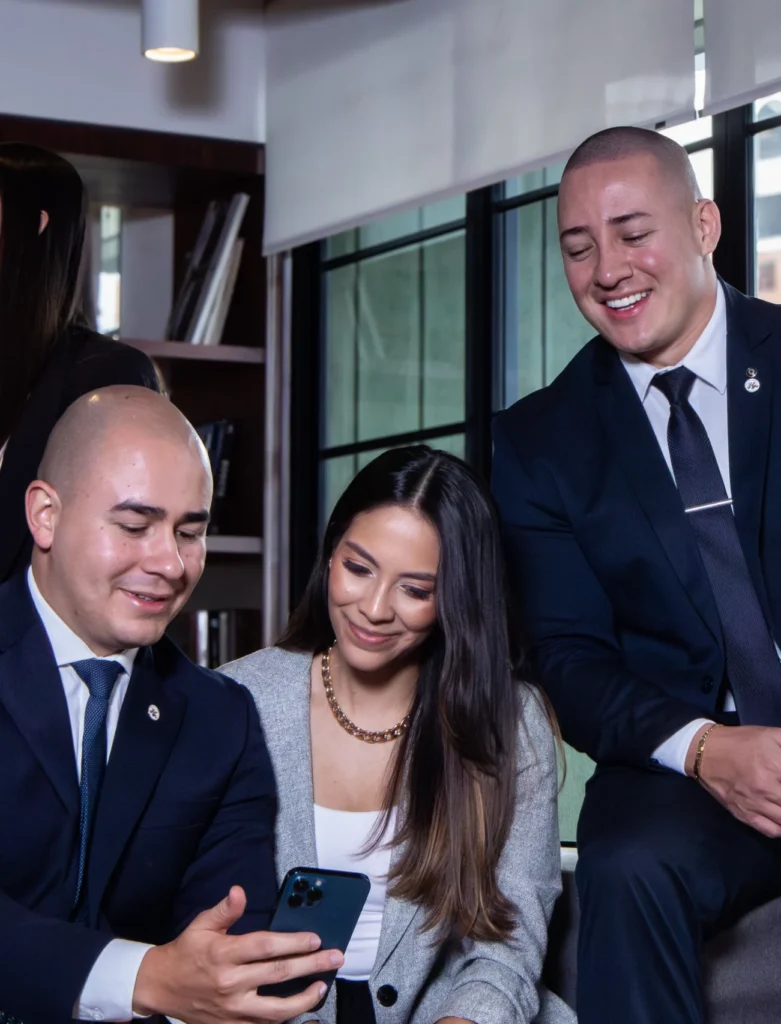COOKIE POLICY
1. WHAT ARE COOKIES?
Cookies are small files that are installed on the hard drive or browser of a computer, tablet, smartphone, or similar device with internet browsing capabilities. They help, among other things, personalize the services of the website owner, facilitate navigation and usability, obtain aggregated information about website visitors, enable the playback and display of multimedia content on the website, allow user interaction, and enable tools.
2. AUTHORIZATION FOR THE USE OF OWN COOKIES AND CLICKSTREAM TECHNOLOGY
The internet browser automatically collects information about the user's previous activities before accessing our website, such as the search terms used and the browser through which the search was conducted. In order to understand how visitors, use our website and provide them with a better and safer browsing experience, our website may track the pages visited by our users. This information is collected using "Cookies" or Clickstream Technology. By accepting these terms and conditions, the user authorizes the collection of cookies used during their browsing session, according to the conditions and the following:
3. AUTHORIZATION FOR THE USE OF THIRD-PARTY COOKIES
This refers to the collection of data on our website for the purpose of compiling statistical information about the user, by storing cookies on the visitor's hard drive. In order to collect and process this information statistically for our website and application, we use the services of Google Analytics, which involves the collection and storage of the aforementioned information.
4. AUTHORIZATION FOR COOKIES CAPABLE OF IDENTIFYING THE USER
Only aggregated and anonymous data is stored for the purpose of conducting strictly statistical analysis on the number of visitors and the most visited content, in order to improve the website and enhance the effectiveness of its online presence. Therefore, users, customers, employees, contractors, and partners of the COMPANY acknowledge that they are aware that data collected through the website or mobile applications may be accessed.
5. NATIONAL OR INTERNATIONAL TRANSFER OF PERSONAL DATA
The user or customer acknowledges and accepts that the COMPANY may transfer data to other data controllers when authorized by the data subject, by law, or by administrative or judicial order.
6. PROCEDURES FOR EXERCISING DATA SUBJECT RIGHTS
The procedures for data subjects to exercise their rights to access, update, rectify, delete information, or revoke their authorization under this policy are detailed in the Data Protection and Data Handling Policy.
6.1. PERSONS AUTHORIZED TO EXERCISE RIGHTS:
- By the Data Subject, who must sufficiently prove their identity using the various means made available by the data controller.
- By their legal representatives, who must prove such status.
- By the representative and/or attorney-in-fact of the Data Subject, after proving their representation or power of attorney.
- By stipulation for the benefit of another or for another.
- The rights of children or adolescents will be exercised by those authorized to represent them.
6.2. RIGHT OF ACCESS:
Frequency: At least once every calendar month and/or whenever there are substantial modifications to the Information Processing Policies that may warrant new inquiries.
6.3. UPDATING, RECTIFICATION, AND SUSPENSION
Methods: All inquiries and claims to the COMPANY can be made through the following means:
- Email: direccioncomercial@nexo.legal
- Physical Address: Calle 11 # 43 B 50, Parque Empresarial Calle 11, Barrio Manila, Medellín, Antioquia.
- Website: https://nexo.legal/
- Cell Phone Number: (+57) 3153354174






















